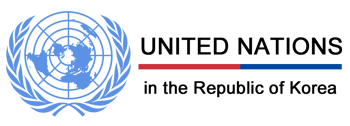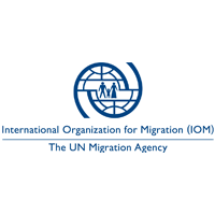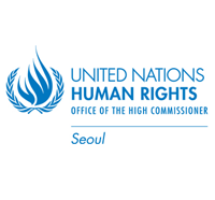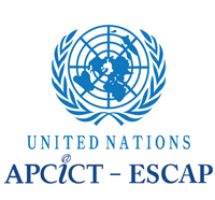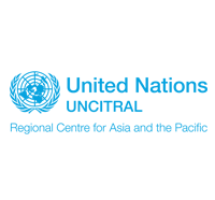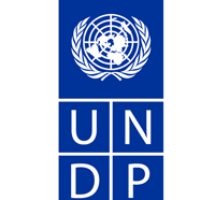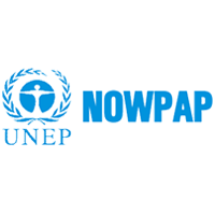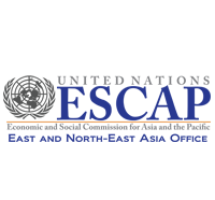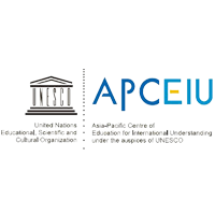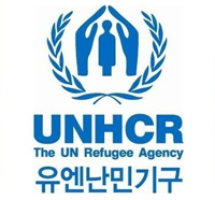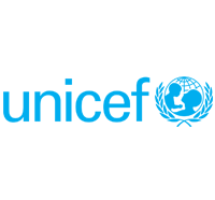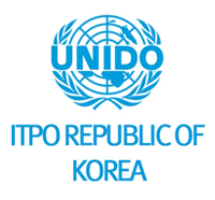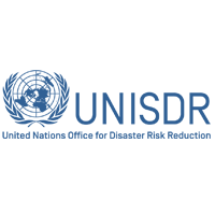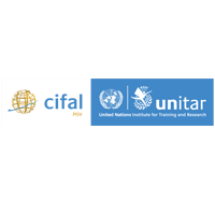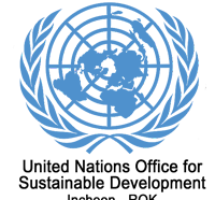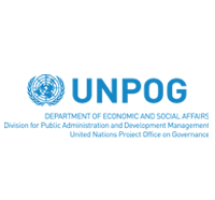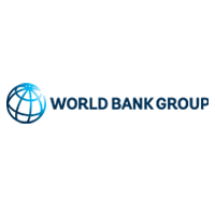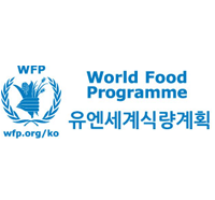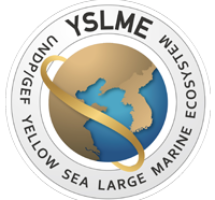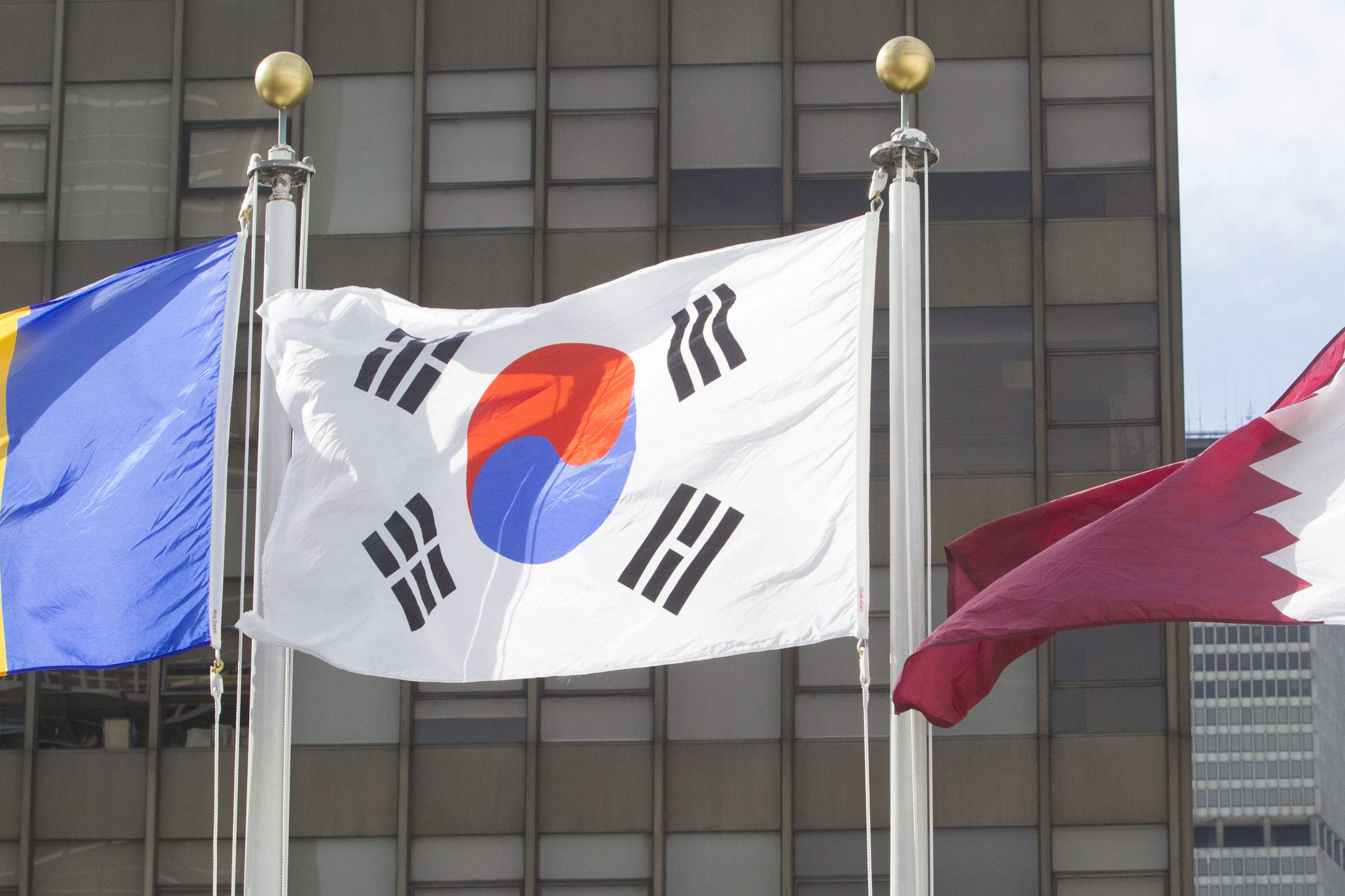
The relationship between the Republic of Korea and the United Nations (UN) goes all the way back to the first years of the organization.
In 1947, the UN General Assembly established the UN Temporary Commission on Korea (UNTCOK) to support the birth of the Republic of Korea. When the Korean War broke out in June 1950, the United Nations Command (UNC) was launched to restore peace and security on the Korean Peninsula. It was the first undertaking of its kind in the history of the UN.
In order to facilitate the post-war reconstruction efforts, the United Nations Commission for the Unification and Rehabilitation of Korea (UNCURK) was established and the UN continued to support the Republic of Korea’s economic development through the United Nations Korean Reconstruction Agency (UNKRA) even after the cease-fire. Until its closure in 1958, the Agency conducted 260 major projects covering industry, mining, agriculture, education, housing, and health with a total expenditure of $127 million, which equals $924 million today.
The UN continued to provide assistance to the Republic of Korea by establishing the United Nations Educational, Scientific and Cultural Organization (UNESCO) Office in 1957 to support the supply of textbooks for primary schools and United Nations Children’s Fund (UNICEF) Office in 1962 to provide formula, medicine, food, and clothes for children.
In particular, the United Nations Development Programme (UNDP) Seoul Office (then UN Technical Assistance Board Office) played a vital role in socioeconomic development from its opening in 1963 to the closure in 2009. Although the Republic of Korea was no longer a recipient country of UNDP’s assistance from early 1980s due to its rapid development, the closure symbolized its changed status from a recipient to a donor country.
The Republic of Korea’s admission to the UN in 1991 marked the beginning of the mutually beneficial partnership being seen today. Since then, the Korean diplomacy bloomed and prospered within the UN. The country was elected a non-permanent member of the Security Council during 1997-99, assumed the Presidency of the 56th Session of the General Assembly, and produced the 8th Secretary-General Ban Ki-moon.
As of 2016, the Republic of Korea is the 16th largest contributor to the UN and the 12th largest provider of assessed contributions to UN Peacekeeping operations. With 625 troops deployed in six missions, including the deployment of 327 troops to UN Interim Force in Lebanon (UNIFIL) and 268 troops to UN Mission in the Republic of South Sudan (UNMISS), the country ranks 38th in the number of peacekeeping operations (PKO) troops dispatched as of November 2017.
Source: UN System Chief Executives Board for Coordination, UN Peacekeeping
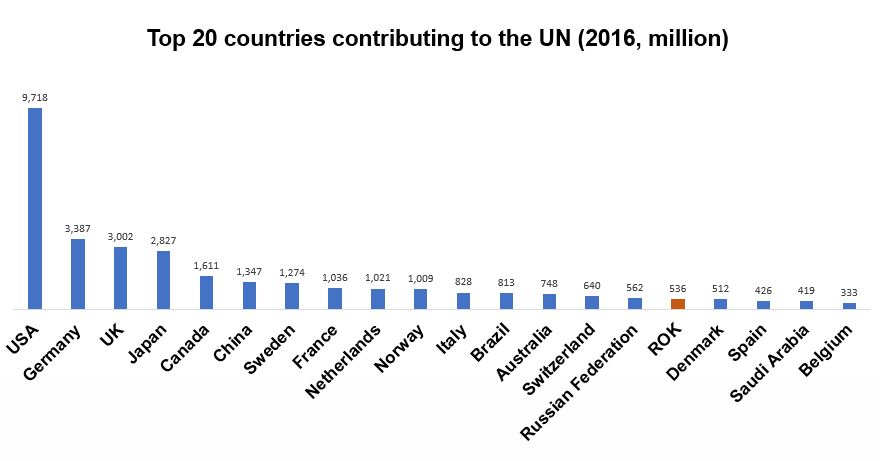
The Republic of Korea is home to many national, subregional, and regional offices of the UN agencies and international organizations, covering a range of topics from policy issues, capacity building training, and detailed action plans.
Among 25 UN offices and international organizations in the country, 14 are stationed in Seoul, while 8 are in Incheon (Songdo), one in Gyeonggi-do, one in Busan, and one in Jeju Island.
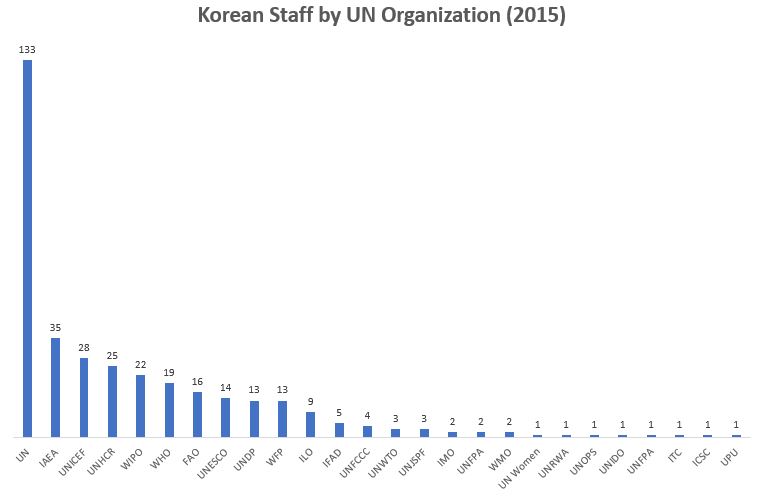
The number of Korean staff working in the UN increased from 147 to 356 during the period of 2004-2015. The number of UN agencies they work in also increased from 18 to 34 during the same period. As of 2015, the Secretariat, IAEA, UNICEF, UNHCR, and WIPO are among the top destinations for Koreans.
Source: UN System Chief Executives Board for Coordination